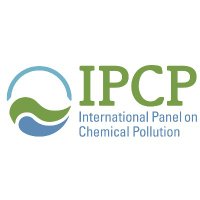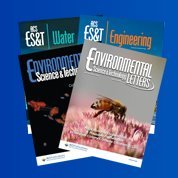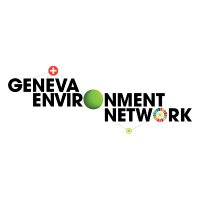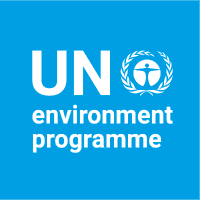
IPCP - International Panel on Chemical Pollution
@ipcpch
Solving chemical pollution through international scientific collaboration. You will find us at LinkedIn or Bluesky from now on.
ID: 1471146436679147520
http://ipcp.ch 15-12-2021 15:53:56
231 Tweet
760 Followers
10 Following

The new SPP offers the mechanisms to enable assessments framed as inputs to policy-making, to protect and support the recovery of local to global human and #environmentalhealth. University of Toronto U of T Environment Wageningen U&R @PyC_Gabriel #OpenAccess in ES&T Letters: go.acs.org/9LF




Persistent organic pollutants, including PFAS, pesticides, and insecticides, don't degrade in the environment and spread easily, with the potential for significant negative effects on human and environmental health. Marta Venier, an O'Neill School of Public and Environmental Affairs professor, explains:

Engaged in discussions with Thomas Backhaus and Henner hollert, preparing for our Thursday session focused on chemical effects on biodiversity - the first time ever World Biodiversity Forum 2024 in Davos







“I want to stand at the Summit of the Future and say that you have future-proofed the issue of chemicals and waste.” UN Environment Programme Executive Director Inger Andersen injects energy into the final plenary session of #OEWG3.




It was an honour to join the IPCP - International Panel on Chemical Pollution delegation at the UN Environment Programme #OEWG3 meeting to establish a Science Policy Panel on #Chemical #Pollution and #Waste A somewhat disappointing result: work on the #SPP docs will have to continue in another session OEWG3.2 but scientists will persist!







